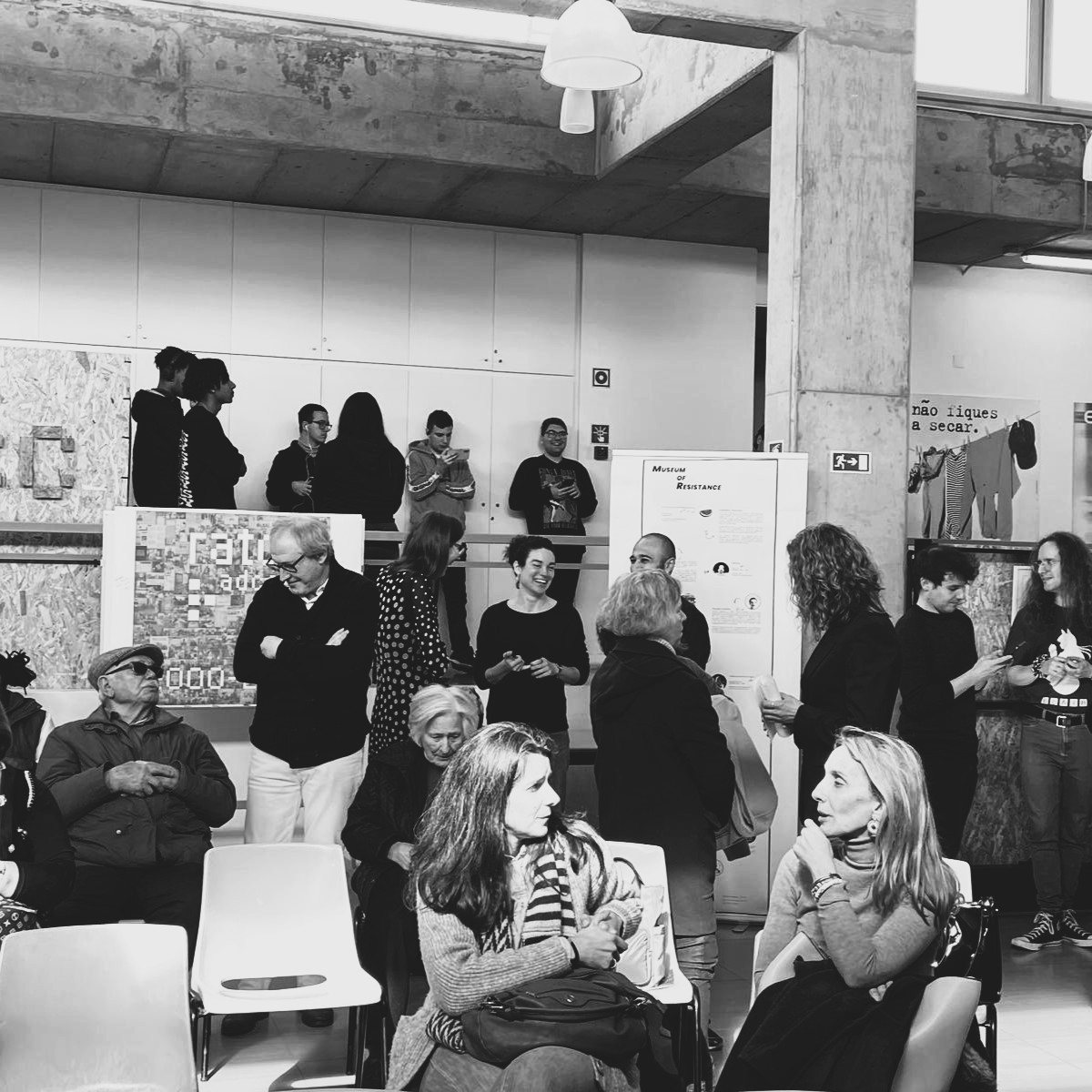
I - For whom? Audiences for whom Rato - ADCC works directly.
- General public in need of digital and technological skills
- People in situations of social exclusion due to employability issues
- Young people with an appetite for ICT and active participation
II - How? Strategies used to work with the target groups.
- Use and valorisation of Information and Communication Technologies as a strategy for Social Inclusion;
- Development of learning practices using active and participatory methods in complementary contexts of Formal, Non-Formal and Informal Education;
- Development and valorisation of different forms of Active Participation by people in solving community challenges;
- Working in partnership with different institutions, organisations and formal and non-formal projects;
- Intervention in the municipalities of Seixal, Almada, Palmela and Sesimbra.
III - What to do? Actions to be developed.
- ICT training towards the concrete needs of the communities in the priority territories;
- Formal accreditation of Rato - ADCC's training work:
- 0f1c1n4 - a community space for learning by doing (DIY) in the areas of ICT, Multimedia, Electronics and UpCycling at the Miratejo Youth Centre;
- Partnerships with formal education institutions addressing different areas (i.e. Accounting, Youth Work...) and higher qualification levels, namely university education
- Actions to publicise national and international volunteering in non-formal education institutions
- Use of international and national internship and volunteering support programmes
- PartEs - Participation School based on the ‘Youth Oracle’ methodology to be held in different formal education institutions in the territories identified
- Creation of a plan for welcoming, monitoring and recognising the skills of all the association's volunteers and trainees
- Creation of a plan for monitoring and evaluating the activities of Rato - ADCC
IV - What changes? Changes resulting from the strategies and measures.
- Greater number of participants covered by Rato - ADCC training activities;
- Greater number of activities in partnership with formal education organisations;
- Higher number of Rato - ADCC volunteers and trainees;
- Increase in Rato - ADCC's financial turnover.


